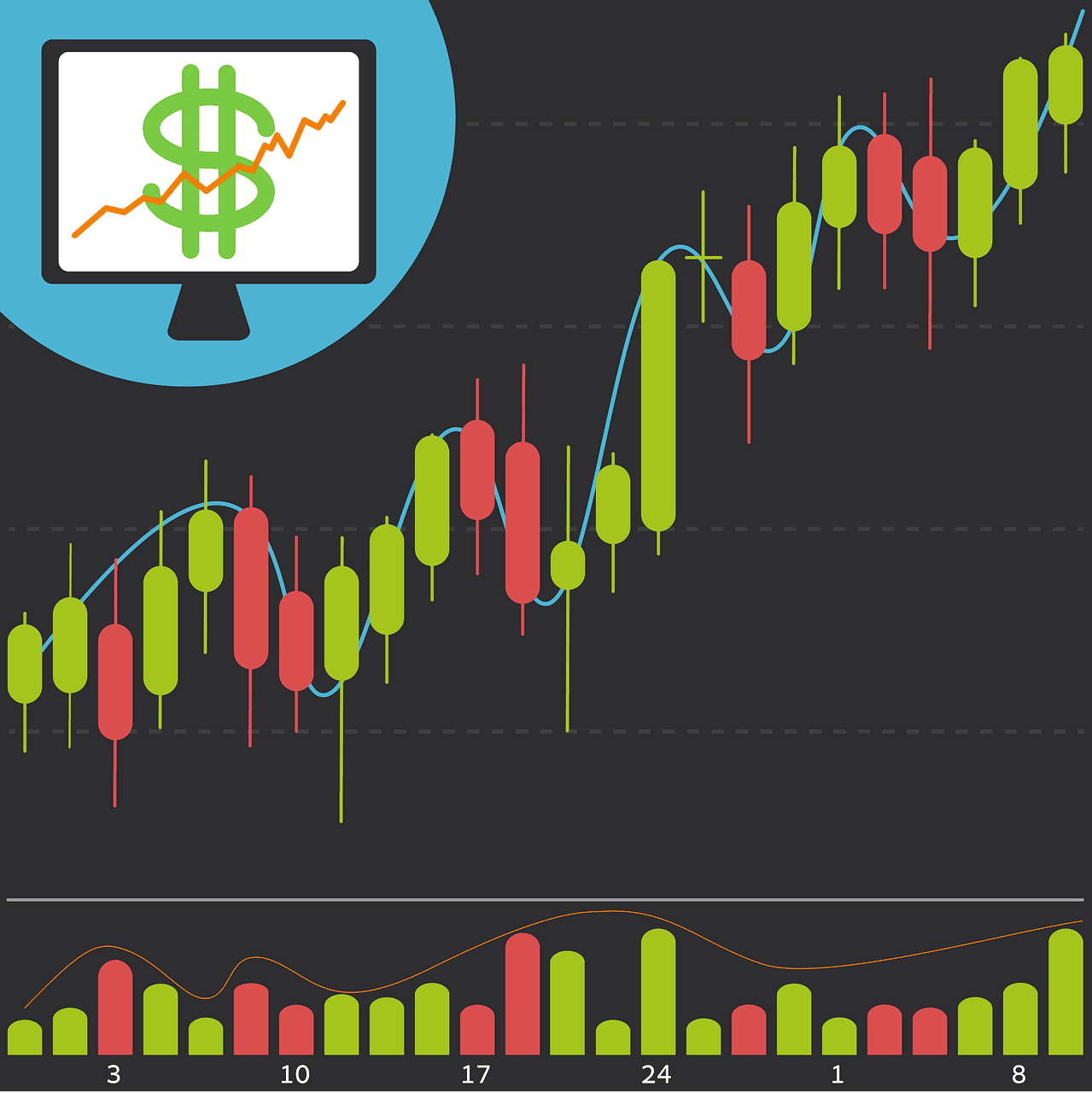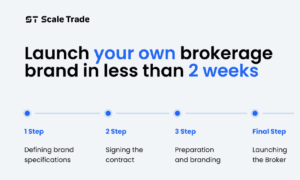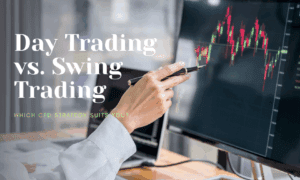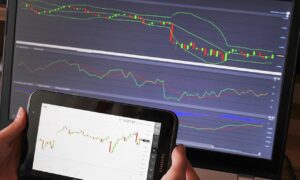As a decentralized global marketplace where currencies are bought and sold, foreign exchange (forex) markets is an enormous, highly liquid financial market in the world. Forex brokers play a crucial role in this market by providing the necessary infrastructure and services for individuals and institutions to participate in currency trading. However, navigating the world of forex brokers can be overwhelming, especially for beginners. We’ve collated 15 common questions about forex brokers so you can understand how they work and how to choose the best one for you.
15 Common Questions About Forex Brokers
If you’re new to forex, learning how forex brokers work will save you the time and cost of making unprofitable decisions.
1) What is a forex broker?
A forex broker provides a platform where traders can gain access to buy and sell currencies on the foreign exchange market.
2) Are there different types of forex brokers?
Yes, Forex brokers differ based on several factors. When considering trading platforms, there are MT4 forex brokers, MT5 forex brokers, MT4 and MT5 forex brokers, and those with proprietary platforms with their trading platforms.
3) How can I choose a reputable forex broker?
There are certain features to look out for when choosing a forex broker. A good forex broker must have a good reputation; you can affirm this from online reviews by those who have used the broker. In addition, the forex broker must be licensed by a trusted financial authority, offer competitive spreads and fees, a user-friendly trading platform, and good customer support to make forex trading easier.
4) How do forex brokers make money?
Forex brokers make their money by charging you fees and commissions on the trades users execute on their platform. They also earn interest on the funds held in their trading accounts.
5) What is the minimum deposit required to open an account with a Forex broker?
Forex brokers usually have different minimum deposits, the most common being $10/$100. However, the range can extend from one dollar to a thousand bucks. You can find the minimum deposit of a particular forex broker by reading the broker’s review.

6) What are the trading platforms offered by forex brokers?
Several trading platforms are available for forex traders, but the most popular ones include the MetaTrader 4 and MetaTrader 5.
7) What are the fees and commissions forex brokers charge traders?
Some brokers offer zero commissions on trading, leaving many wondering how they make money. The answer is not far-fetched. Most forex brokers factor their fees into the spread on each trade. So the difference between a currency pair’s bid and ask price makes up their commissions. Others charge additional fees or commissions on trades.
8) How can I withdraw my funds from a forex broker?
Withdrawing your money from a forex broker is a simple process. Your make a withdrawal request through the broker’s website or trading platform. Ensure you fill in the relevant details of a supported payment method. The broker should complete your withdrawal within three days.
9) What is customer support like at Forex Brokers?
Forex traders get frustrated when dealing with poor customer service at their broker regarding a transaction or account issue. Each forex broker’s customer support differs based on their approach to users and communication channels. Look out for a broker with multiple support channels, including phone, email, and live chat, and have knowledgeable and responsive support staff.
10) Are forex brokers regulated and licensed?
Forex brokers offer financial services and act as custodians for users’ funds, making them one of the most regulated companies. They are also licensed by top monetary authorities in the countries where they operate. Licensing and regulating forex brokers help ensure that they operate fairly and transparently and protect their client’s funds. For example, the forex broker regulator in the US is the Commodity Futures Trading Commission (CFTC).

11) What is leverage, and how does it work with forex brokers?
Leverage is a forex trading tool that allowing traders to control a larger amount of capital using a smaller investment. For example, a ratio of 100:1 means that for every one dollar of money you invest, you control $100 in the market. Many traders enjoy higher profits because of how leverages increase their profit potential.
12) What are the different account types forex brokers offer?
You’ll find three major account types available on forex brokers: the standard, mini, and managed accounts. Standard and mini allow 100,000 and 10,000 units of trading, respectively, while managed accounts require having a more experienced trader trade on behalf of a less skilled individual.
13) How can I deposit funds into my trading account on a forex broker?
Deposit funds into your trading account using methods such as bank transfer, credit card, and e-wallet means like PayPal. If you prefer to fund your trading account with crypto, some brokers support deposits with top crypto coins like Bitcoin.
14) What risks are involved in trading on a forex broker’s platform?
The major risk attached to forex trading using brokers lies in the volatility of the forex market. The forex market is often unpredictable, and traders can lose their entire investment with the slightest shift in market direction.
15) What is slippage, and how does it affect my trades with a forex broker?
Slippage is common in forex trading; it occurs when the price at which a trader executes a trade differs from the expected price. This usually happens due to high market volatility or low liquidity, resulting in a trader receiving a better or worse price than expected.
Conclusion
Learning how forex brokers work is a necessary step to mastering forex trading. First, you should choose which trading instruments to begin with. Forex brokers offer different trading instruments like major currency pairs, minor currency pairs, exotic currency pairs, and other financial instruments like commodities, indices, and cryptocurrencies.
Some brokers offer demo accounts, so you can practice trading using an account funded with virtual cash. This is one of the ways forex brokers differ from one another. Among the other factors to consider when choosing a forex broker include regulation and licensing, trading platforms, fees, and commissions, customer support, and trading instruments offered.
Although choosing a good forex broker is essential, understanding the right trading strategy for you is also important. You can consider learning common forex trading strategies like trend following, range trading, breakout trading, and news trading. In addition, you should aim to master how to use technical analysis tools like indicators and chart patterns to identify trading opportunities.
Ultimately, the best and most profitable trading experience occurs when a trader has good trading skills and uses the right forex broker.



































